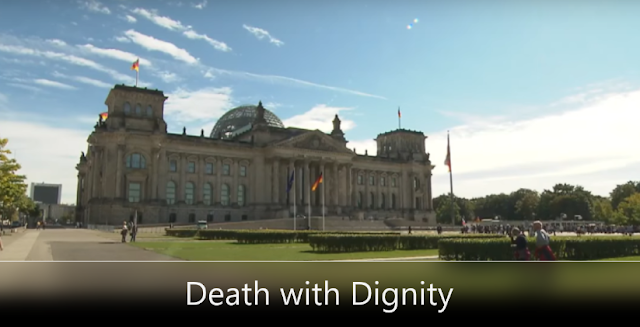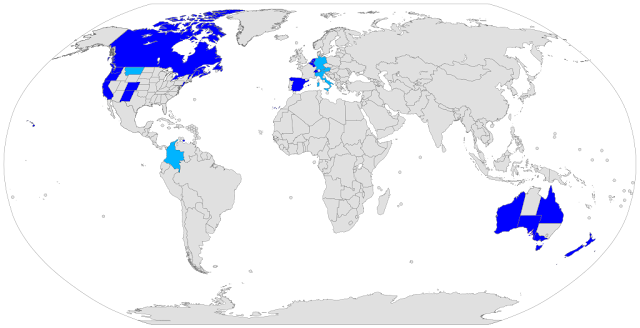World Day of Social Justice - February 20th
Every year on February 20th, the world observes the World Day of Social Justice, a day proclaimed by the United Nations to highlight the importance of social justice in building peaceful and prosperous societies. But what does social justice really mean, and how can we ensure that we embody it in our daily lives?
At its core, social justice is about creating fair and equitable societies where all individuals have the same rights, opportunities, and privileges. It's about ensuring that neither the circumstances into which one is born nor characteristics like race, gender, or disability determine one's chances in life. It's about dismantling barriers that create disparities in wealth, education, healthcare, and political representation.
The World Day of Social Justice serves as a reminder that we are all interconnected and that injustice anywhere is a threat to justice everywhere, as Martin Luther King Jr. profoundly stated. It's a call to action, prompting us to examine our own roles in perpetuating or challenging systemic injustices. We must recognize that we are all implicated when we allow others to be mistreated. Silence and inaction can destroy the decency of our communities, nations, and world.
In recent years, we have witnessed a global rise in right-wing parties and movements that often undermine social justice and solidarity. In the US, Donald Trump's policies have exacerbated social tensions and inequalities, while Elon Musk's views and financial influences have also contributed to polarization. In Germany, the rise of the AfD (Alternative for Germany) has led to an increase in xenophobia and intolerance, significantly threatening social justice in the country. These developments underscore the importance of actively advocating for social justice and fighting against right-wing ideologies that promote exclusion and inequality.
Living social justice every day requires us to cultivate integrity and a strong moral compass. It's not just about knowing right from wrong; it's about putting things into perspective, weighing complex issues, and acting with compassion and fairness. Justice is not about violence or retribution but rather restoring balance, healing wounds, and creating a more equitable future.
- To live social justice daily, we can start by educating ourselves about the issues affecting marginalized individuals and communities.
- We can listen to and amplify the voices of those directly impacted by injustice.
- We can support policies that promote equality and challenge those that exacerbate disparities.
- We can dedicate our time and resources to organizations working on the frontlines for social justice.
Moreover, we must strive to create a culture of empathy and kindness in our daily interactions. We can stand up against discrimination and prejudice when we witness it. We can engage in open, respectful dialogues about social justice issues, even when these conversations are challenging.
- On this World Day of Social Justice, let us not just talk about or march for social justice but commit to embodying it in our daily lives.
- Let us work together towards a world where every person has the opportunity to thrive, regardless of their background or circumstances.
- Let us remember that justice demands integrity, compassion, and action from each of us.
- It may sound naive, but I still firmly believe - Together, we can create a more just and equitable world.
Impact on Social Justice from Right-Wing Parties and Movements:
In Europe and the U.S., right-wing parties and movements are increasingly successful. In the 2024 European Parliament elections, right-wing populist and extremist parties were able to increase their share of the vote and gain political power in several countries. For example, the right-wing nationalist FPÖ in Austria achieved its first-ever victory in parliamentary elections, underscoring the growing influence of right-wing parties in Europe.
These developments show that issues such as national sovereignty, migration, and Euroskepticism resonate with a segment of the population. The successes of right-wing parties can be seen as a response to perceived shortcomings in traditional politics and an expression of dissatisfaction with established political parties.
Donald Trump's Political Decisions:
During his presidency, Donald Trump implemented several policies with far-reaching consequences. Currently, he is cutting ad destroying federal research fundings and plans to abolish the Department of Education, which he has referred to as a "haven for Marxists." However, some of these actions have been temporarily blocked by the courts, highlighting the limits of presidential power in these areas.
Additionally, Trump has drastically reduced foreign aid and is pushing for the dissolution of the U.S. Agency for International Development (USAID). These decisions will have significant implications for international cooperation and harm or eve destroy global poverty reduction efforts.
These actions reflect Trump's populist agenda, and his actions will have long-term effects on international collaboration, domestic political stability, and social justice and social freedom and peace or destroy them as well.
Quotes
“Injustice anywhere is a threat to justice everywhere. We are caught in an inescapable network of mutuality, tied in a single garment of destiny.” — Martin Luther King, Jr.
“There is always light, if only we're brave enough to see it. If only we are brave enough to be it.” — Amanda Gorman more about and from Amanda Gorman
“Justice grows out of recognition of ourselves in each other — that my liberty depends on you being free too.” — Barack Obama






Comments
Post a Comment